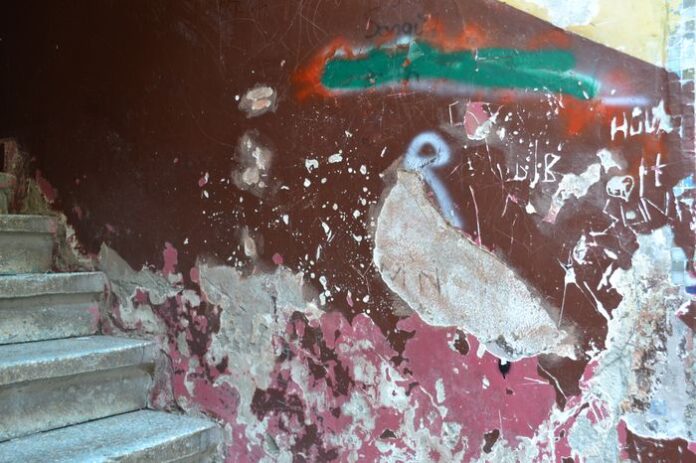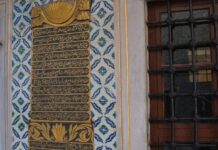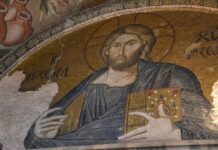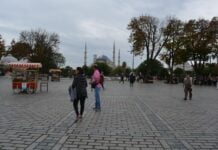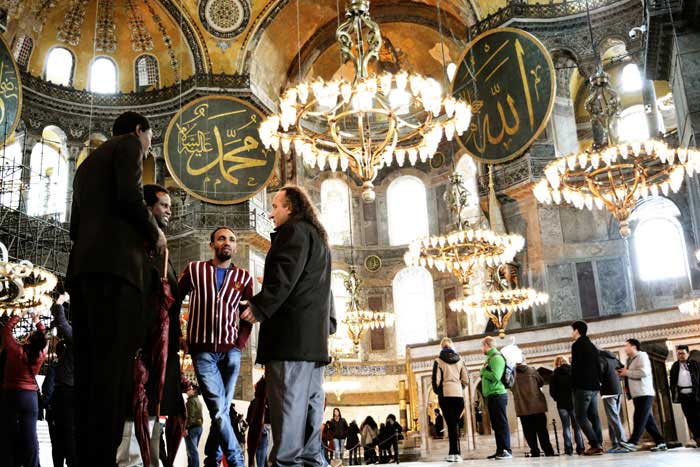By comparison, Severus the Sober embodied a newly serious age. He was born in Sozopolis (near modern Konya) in Asia Minor, where his grandfather had already been a bishop at the time of the first council of Ephesus in 431, one of the 200 who had voted there to depose Nestorius. As a young man, Severus went to Alexandria for his first years of study, and then on to Berytus in 486 to study law. There he fell into the life of a religious enthusiast, associating with anti-Chalcedonian believers and monks and becoming one of the smug pagan-hunting philoponoi we met there on an earlier page. His life story, told in the generation after his successes, was full of nearly magical tales of pagan survival and Christian resistance, making sense of the rise of ultra-Christian zealotry. Severus took baptism, abandoned the law, visited Jerusalem, and moved eventually to a monastery of his own not far from Gaza.
At every period, Severus was loyal to the emperor and did his bidding; this remarkable trait was shared by all theological parties in this period. Even though there were great fallings-out over doctrine, the emperor re-mained the object of civic respect and faithful service. Early in his career, Severus found his way to Constantinople and under Anastasius from 508 to 512 he was a kind of house chaplain and hound of heresies. He came into his own in a sermon of 516 in Antioch, where he had been consecrated bishop with Anastasius’s approval. “We move along the middle of the royal road, turning our face away from the tortuous sins on one side or the other, and knowing that he who lives on the heights and dwells by nature in grandeur is worthy of the God who emptied himself . . . to become author of our salvation balkan tours 2023.”
Severus was seen far and wide as the hero of the anti-Chalcedonians, and so he is remembered, but behind him lurked the more shadowy and more unscrupulous figure of Philoxenus of Mabbug. Mabbug is Syriac for Hierapolis (“Holy City”) in Syria, modern Manbij, where the mysterious “Syrian god” of whom Lucian wrote had ruled. Philoxenus made straight the way for Severus’s ascent by blessing thugs and inciting hostility, an IRA forerunner to a smooth Sinn Fein politician, as it were. It did not hurt that Antioch was a reputed hotbed of clerical corruption and that Severus soon established a reputation among men of all persuasions by working hard and effectively to restore integrity and good behavior.
Vitalian marched
In 519, in the swirl of Chalcedonian reunification and harmony with the west that Justin promoted, Severus was marked for deposition, and as Justin and the still flourishing Vitalian marched out to meet the visiting pope, Hormisdas, at the tenth milestone from the city, all might have seemed to be in order and at peace. Even former emperors could be rebuked with aplomb, and so Zeno and Anastasius in their graves heard obloquy heaped on their names. A gaggle of monks from the north called Scythians (though few if any came from as far away as modern Moldova and Ukraine) rapidly rose high in court circles, espousing a hard anti-Nestorian and anti-monophysite line. “One of the trinity suffered for us,” they proclaimed, and so they were called Theopaschites for their bold doctrine, shocking those who considered their god—in his perfection and untouchability—immune to suffering. Westerners would perceive this as a soft form of Chalcedonianism, but the monks were zealous in their softness and they played a strong part in keeping the capital on the straight and narrow, and out of sympathy with the rest of the eastern world, at least for the next decade. Severus was anything but one to go quietly and abjure his beliefs; his loyalists in Antioch taunted his successor by calling him “Paul the Jew.”
When Justinian became emperor in 527 in his own name, then, he sought unity and faced disagreement. His initial instincts were pacific, and so he sought reconciliation. A precious document catches the moment in 532 when he thought he could make things better Constantinople in religious matters.
Written in Syriac, this text transcribes three days of debates held in Constantinople in the spring of 532.24 The smoking ruins of the fires from the Nika riots were still on the streets, and Justinian must have felt that his regime needed support wherever he could find it. Doctrinal disagreement was a dangerous luxury. The emperor’s men brought together half a dozen bishops of the Chalcedonian party and half a dozen enthusiasts of Severus. The bishops who met were not the real leaders of the various factions of the church at the time, but they were respected figures who could still meet and talk with some hope of flexibility. There is a point in the debates when Justinian suggests that Severus, now deposed, be invited to Constantinople to continue the conversations, but nothing came of the idea.
